Summaries of books about Economics:
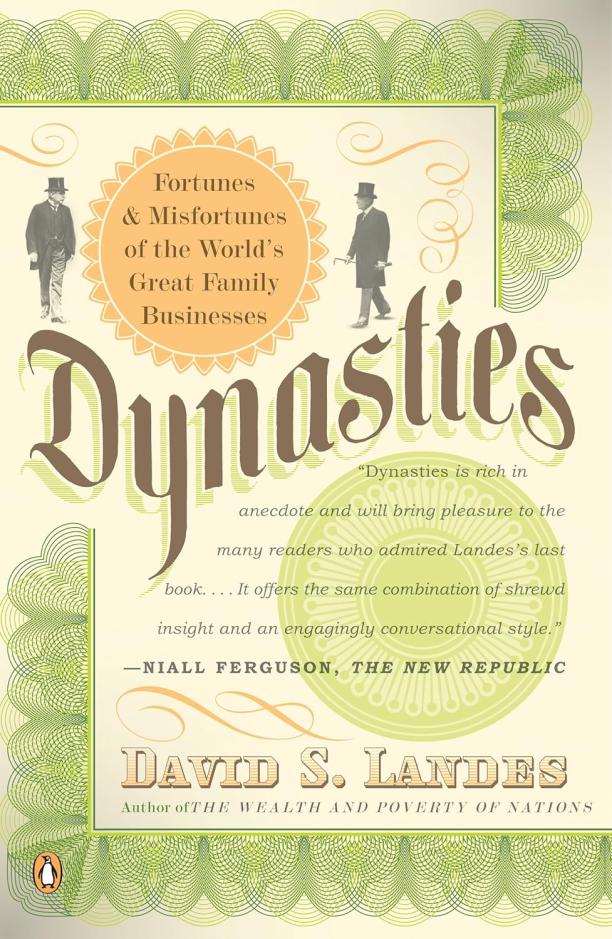
Dynasties
Fortunes and Misfortunes of the World's Great Family Businesses
David S. Landes
The book explores the rise, achievements, and sometimes the decline of influential family businesses across the globe, examining how their fortunes are shaped by both internal family dynamics and external economic forces. It delves into the unique challenges these dynasties face, from succession issues to the complexities of maintaining a legacy over generations.
See full summary
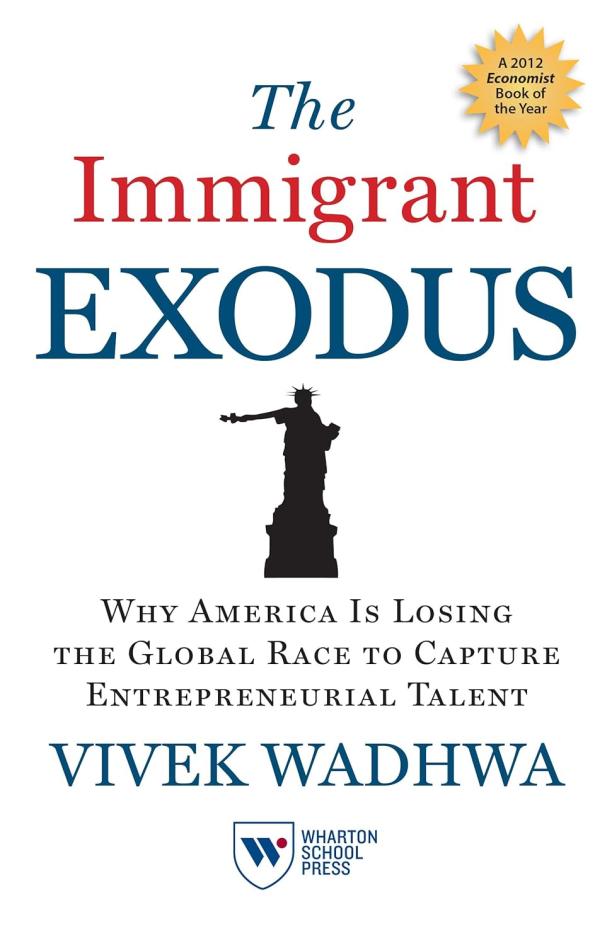
The Immigrant Exodus
Why America Is Losing the Global Race to Capture Entrepreneurial Talent
Vivek Wadhwa
The book examines the challenges faced by skilled immigrants in the United States, particularly those who wish to start businesses, due to restrictive immigration policies. It argues that these policies are causing a brain drain, with potential entrepreneurs leaving the U.S. for more welcoming environments, thus harming America's position in the global economy.
See full summary
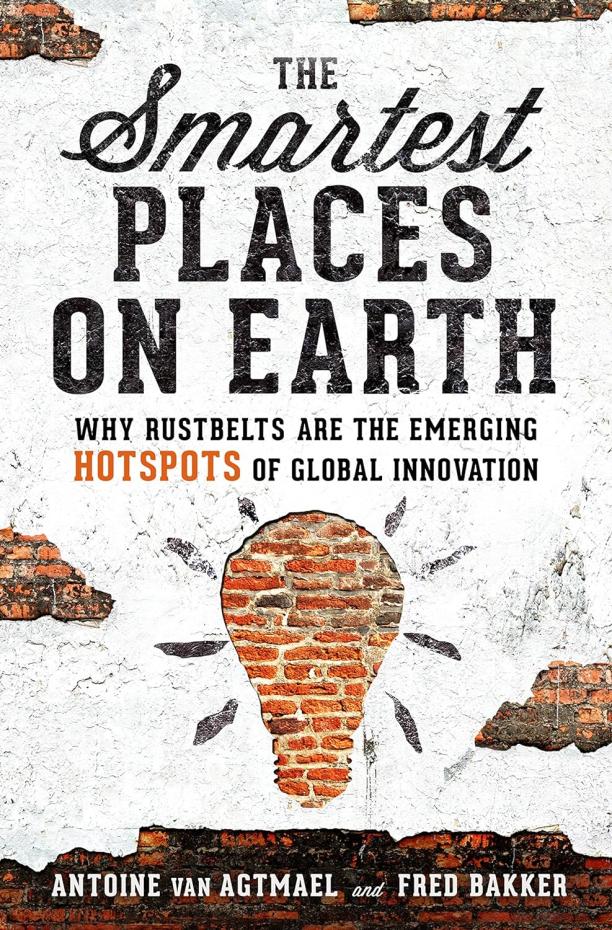
The Smartest Places on Earth
Why Rustbelts Are the Emerging Hotspots of Global Innovation
Antoine van Agtmael|Fred Bakker
The book explores the transformation of former industrial regions in the United States and Europe into thriving centers of innovation and technology. It highlights the collaboration between research institutions, governments, and companies in these "rustbelts," which are now at the forefront of developing solutions to global challenges.
See full summary

Scroogenomics
Why You Shouldn't Buy Presents for the Holidays
Joel Waldfogel
The book argues that holiday gift-giving often leads to economic inefficiency as people buy presents that recipients value less than their cost, resulting in a waste of resources. It suggests that alternative forms of giving, such as cash or charitable donations, could provide more value and satisfaction for both givers and recipients.
See full summary
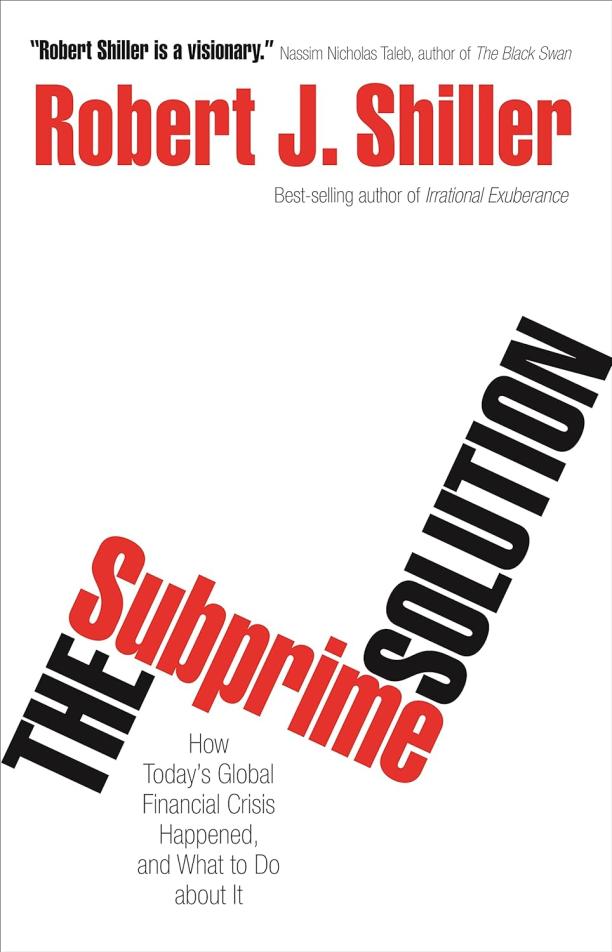
The Subprime Solution
How Today's Global Financial Crisis Happened, and What to Do about It
Robert J. Shiller
The book analyzes the causes of the 2007-2008 financial crisis, particularly focusing on the housing bubble and subprime mortgage debacle. It proposes solutions to stabilize the financial system, including financial innovation and policy reforms to prevent future crises and to democratize finance.
See full summary
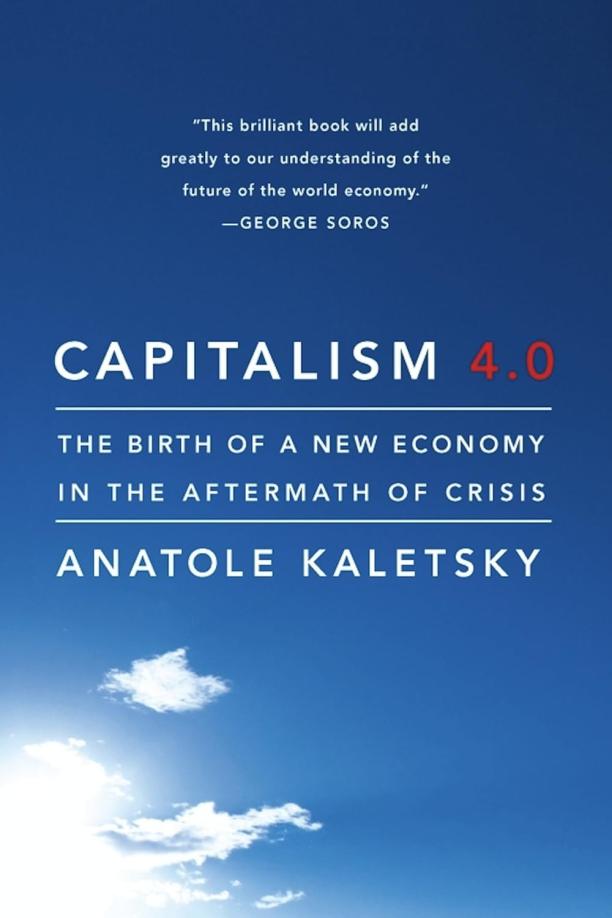
Capitalism 4.0
The Birth of a New Economy in the Aftermath of Crisis
Anatole Kaletsky
The book explores the transformation of the global economic system following the 2008 financial crisis, arguing that a new version of capitalism is emerging that will be shaped by government intervention, technological innovation, and societal changes. It discusses the interplay between markets and regulation, predicting a more flexible and adaptable economic landscape that will evolve through trial and error in response to future challenges.
See full summary

The Great Contraction, 1929-1933
New Edition
Milton Friedman|Anna Jacobson Schwartz
The book presents a detailed analysis of the causes and consequences of the Great Depression, focusing on the role of monetary policy mistakes made by the Federal Reserve. It argues that these errors led to a severe contraction of the money supply, exacerbating the economic downturn and turning what could have been a mild recession into a prolonged depression.
See full summary
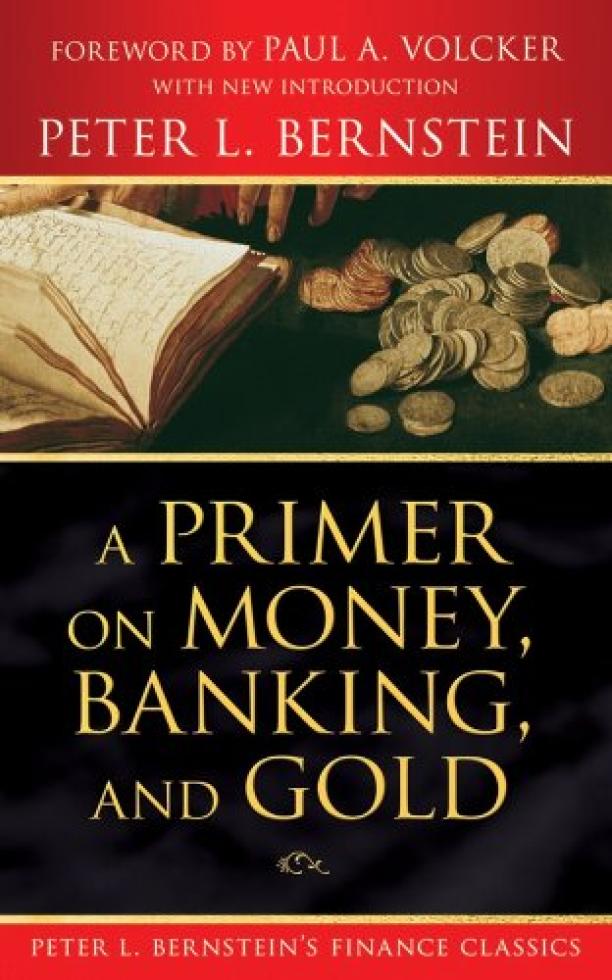
A Primer on Money, Banking, and Gold
Peter L. Bernstein
The book provides an accessible introduction to the American monetary system, explaining the roles and relationships between money, banking, and gold. It delves into the complexities of how money is created and managed, the function of the Federal Reserve, and the influence of gold on the economy and monetary policy.
See full summary
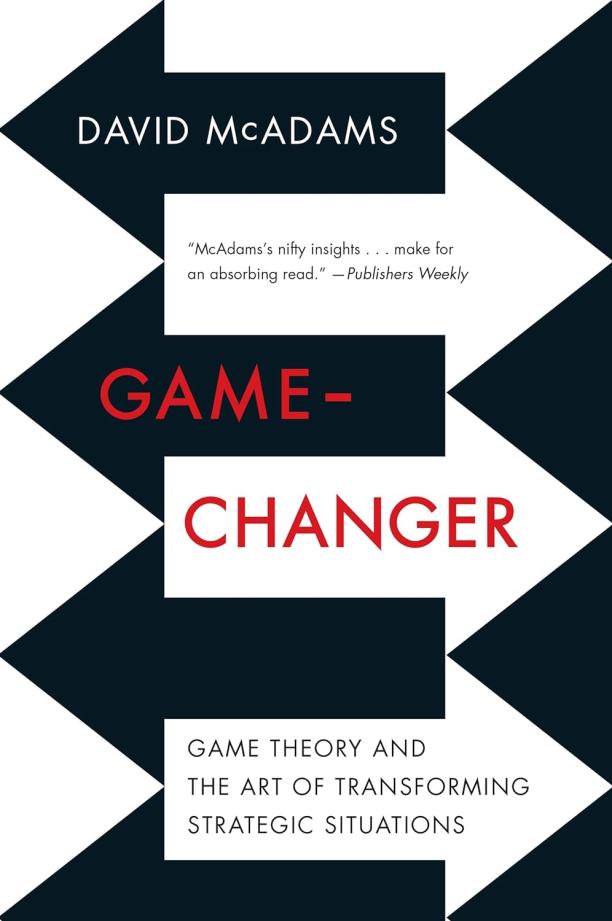
Game-Changer
Game Theory and the Art of Transforming Strategic Situations
David McAdams
The book provides an accessible introduction to game theory and its applications in various real-world strategic situations, from business to politics and beyond. It offers insights on how to recognize game-changing strategies and transform competitive scenarios into opportunities for mutual benefit.
See full summary
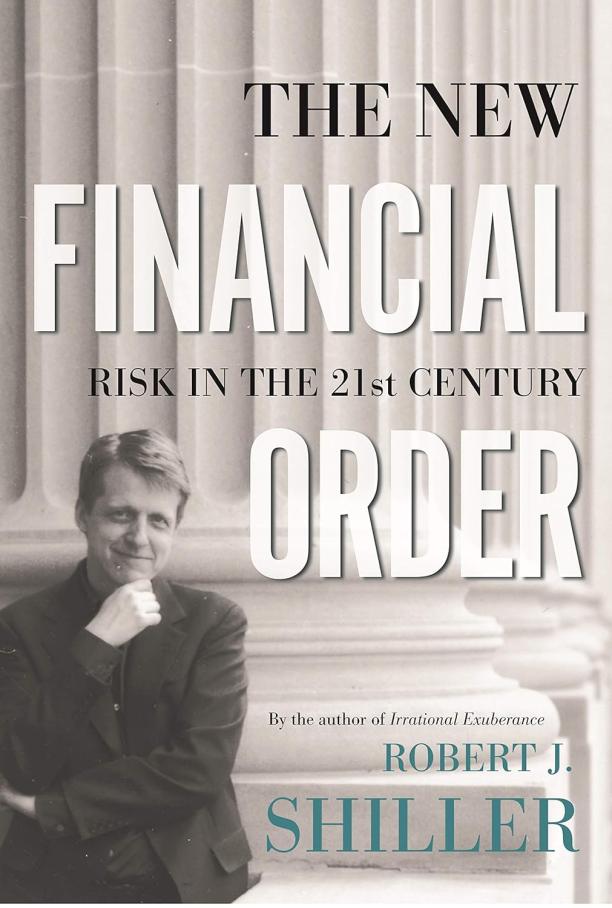
The New Financial Order
Risk in the 21st Century
Robert J. Shiller
The book explores innovative financial tools and ideas for managing and distributing risk in society, advocating for better financial insurance mechanisms, such as livelihood insurance and intergenerational social security, to address economic inequality and provide stability. It discusses the potential of technology and finance to create a more secure economic future through improved risk management strategies.
See full summary